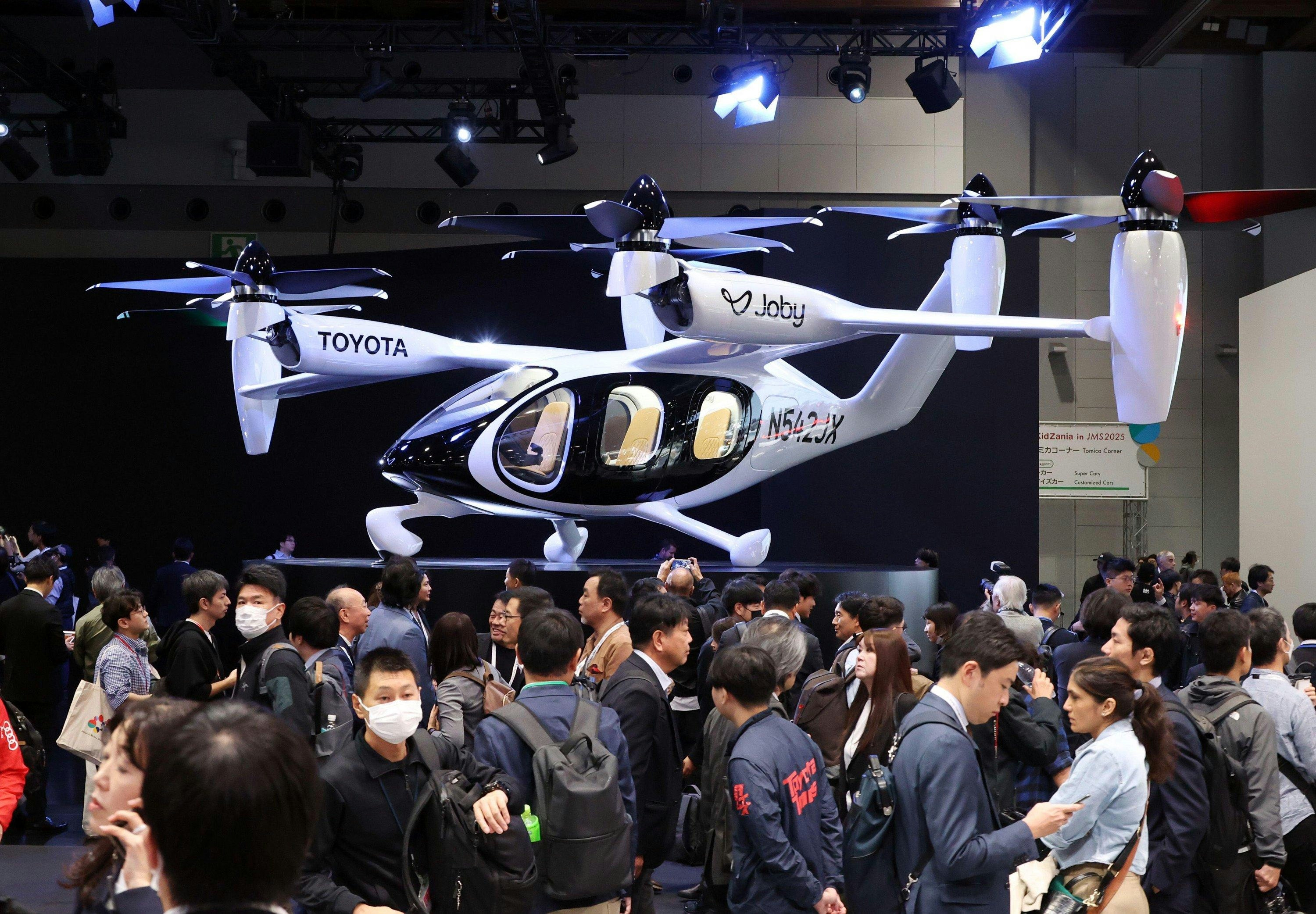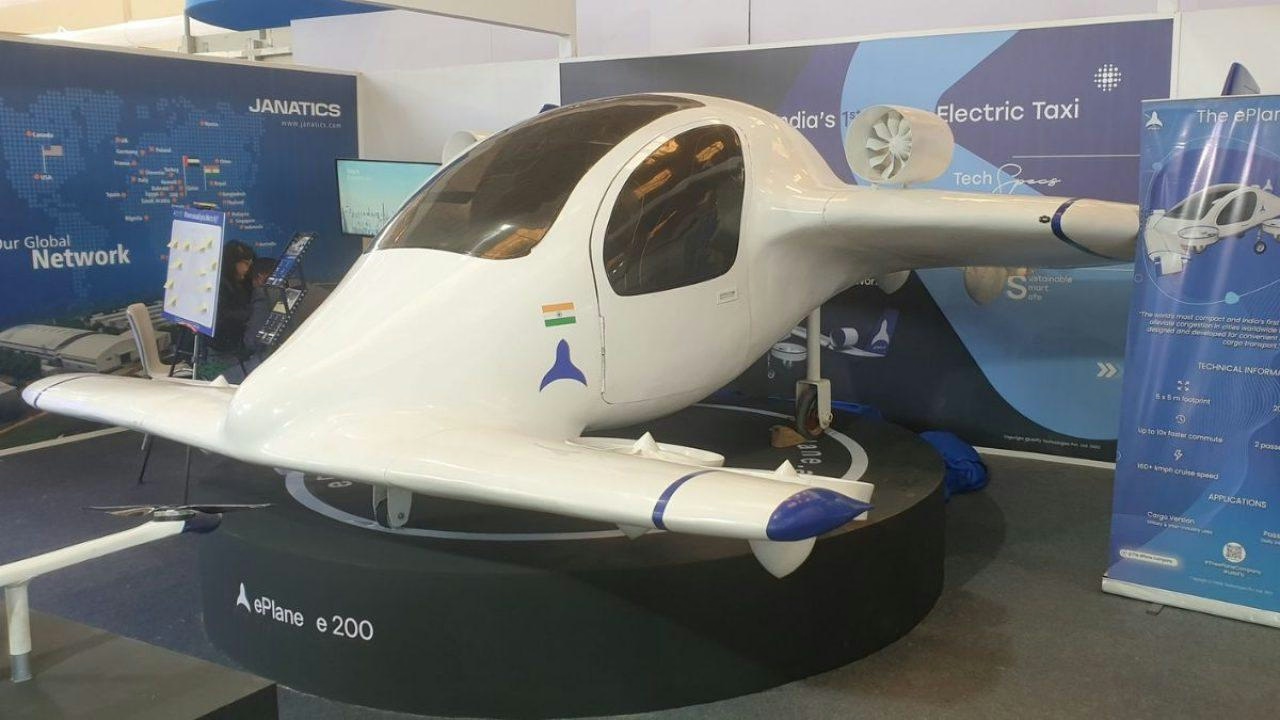AeroGenie — Votre copilote intelligent.
Tendances
Categories
Britain can lead the electric air taxi revolution

Britain Can Lead the Electric Air Taxi Revolution
Britain stands at a critical juncture in the evolution of aviation, poised to reclaim its historic role as a global innovator in flight technology. With a legacy that includes the Spitfire, Concorde, and the world’s first commercial jet, British engineering has long influenced the trajectory of air travel. As the industry enters a new era defined by electric vertical take-off and landing (eVTOL) aircraft, commonly referred to as “flying taxis,” the United Kingdom faces a decisive moment: to lead this transformative movement or risk ceding ground to international competitors.
The Promise and Challenges of eVTOL Technology
eVTOL aircraft offer the potential to revolutionize short-haul travel by providing zero-emission, quiet, and cost-effective transportation options. These vehicles could alleviate urban congestion and enable sustainable journeys, reshaping how people move within and between cities. The UK government has expressed clear ambition in this sector. The Future of Flight Industry Group envisions eVTOLs operating in British airspace by 2028, supported by substantial investments from the Aerospace Technology Institute, which has committed billions to green aviation research. This year alone, £250 million has been allocated to low-carbon aerospace projects, including initiatives to expand medical sample deliveries in London and pilot electric air taxi services between Oxford and Cambridge.
Despite these promising developments, Britain’s leadership is not guaranteed. The country must navigate significant obstacles, including establishing regulatory frameworks that provide clarity and confidence, advancing technological readiness, and reducing costs to enable industry scalability. Achieving these goals will require a concerted effort and close collaboration between government bodies and private industry to translate ambition into tangible progress.
Global Competition and Market Dynamics
The international race to dominate the electric air taxi market is intensifying. The United States has made substantial investments through agencies such as the Department of Defense, NASA, and the Federal Aviation Administration, accelerating certification processes and commercialization efforts for American companies. In Asia, nations like Japan and South Korea are advancing rapidly, with Korean Air recently completing the country’s first urban air mobility flight demonstration. European firms are also active; for instance, Volocopter aims to deploy four new aircraft models by 2030.
Market momentum underscores the sector’s potential. Archer Aviation, a prominent player, holds a $6 billion order book and has experienced a nearly 300% increase in its stock value over the past year, signaling strong investor confidence and anticipated demand. However, the transition from demonstration projects to widespread commercial deployment remains a formidable challenge. Success will depend on overcoming technical, regulatory, and economic barriers to scale operations effectively.
Strategic Importance for Britain
For the UK, the stakes are considerable. Establishing industrial leadership in the electric air taxi sector could secure a first-mover advantage in a market projected to be worth tens of billions of pounds by the 2030s. The aerospace supply chain already supports key regions, including the West of England and the Midlands, and sustained investment could create thousands of high-quality jobs, revitalizing communities with a rich engineering heritage.
Britain possesses the expertise, ambition, and industrial infrastructure necessary to lead the electric air taxi revolution. However, realizing this potential demands decisive action to create an enabling regulatory environment, foster innovation, and build strategic partnerships both domestically and internationally. The race for dominance in this emerging field is underway, and the world is watching Britain’s next move.

Archer Aviation Partners with NVIDIA to Advance Aviation AI Technology

Chennai Startup to Develop India’s First Electric Air Taxi

Factors Positioning Airbus for Leadership in 2026

Emirates Unveils Cabin Design for New Boeing 777X

Eighteen Years On, the Airbus A380 Remains Central to a $34 Billion Airline

How a boom in luxury airline seats is slowing down jet deliveries

Navitaire Outage Attributed to Planned Maintenance

Airbus Plans Record Delivery of 870 Aircraft in 2026

DigiYatra Debuts Outside Aviation at India AI Impact Summit

Vietnam Orders Strengthen Boeing’s Commercial Outlook
